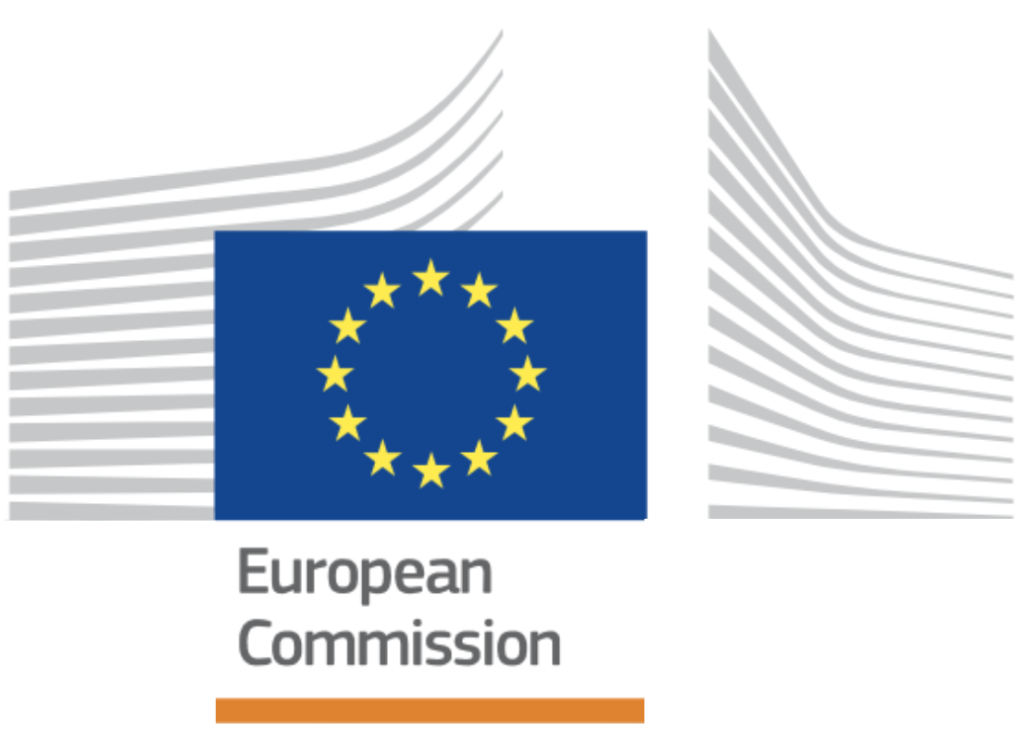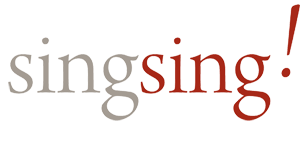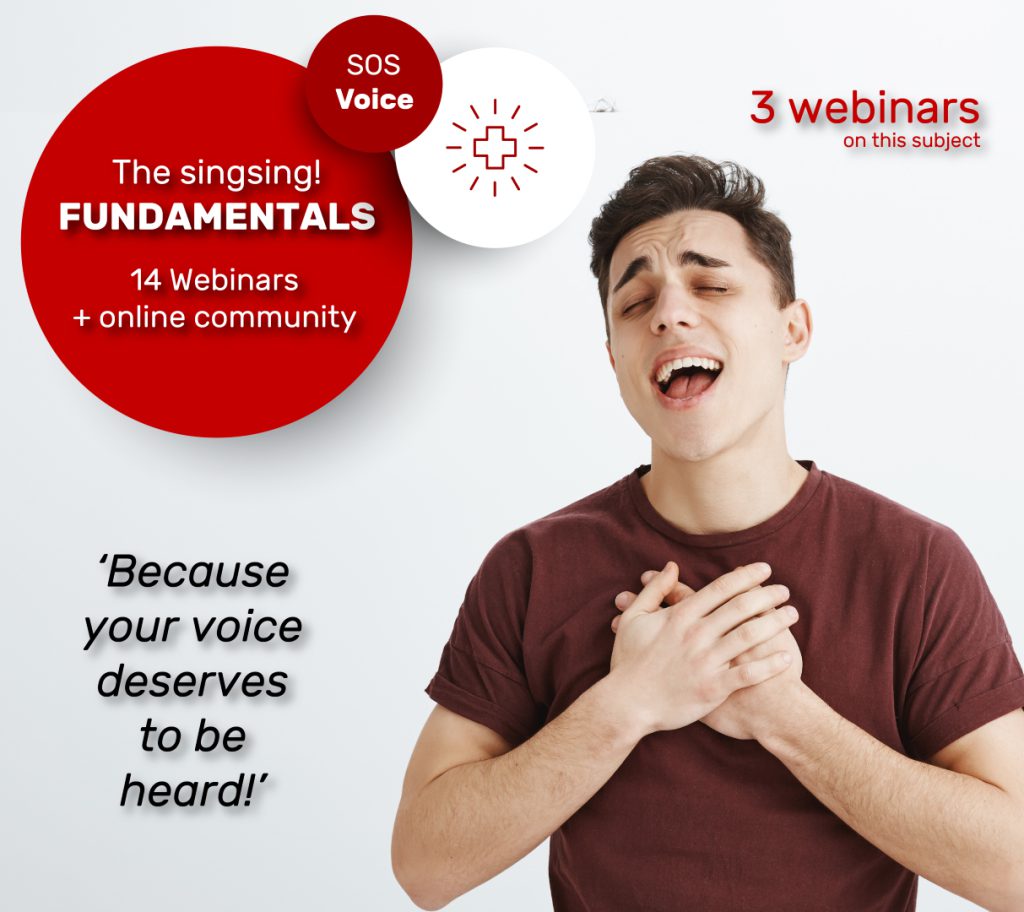
I’m no longer a professional singer.
18/01/2023
Last year, I was invited to contribute to research on the health & wellbeing of music creators in the EU, commissioned by and authored for the European Commission’s Directorate-General for Education, Youth, Sport and Culture.
The goal was to gather insights from research for policy and practice.

I have been interviewed as a musician and have participated in a validation workshop as part of a group of international experts and key stakeholders, including representatives and managers from the music industry, academic experts, musicians, health professionals and prevention advisors. The views and experiences were used to develop recommendations for policy and practice.
Yesterday, I finally received the report (click here) and it created a storm inside of me. I’m writing this blog post, because I want as many people as possible to read it:
- Music creators
- People who work with music creators
- Family & friends of music creators
- People who enjoy the work of music creators
So basically everybody in the whole wide world. It’s touching upon so many truths that not enough people realize about the reality of being a musician. Contributing to this research and reading the report made me incredibly sad. This quote explains painfully accurately why:
Finally, several musicians told us that they (or someone they knew) had made (or are planning to make) career changes as a result of their physical or psychological problems. Sometimes these could be major shifts, such as quitting their job as a professional musician, or minor ones such as changing instrument or quitting as a soloist to become a band member.
I’m one of those who made the major shift of not being a professional musician anymore. It’s difficult to write down, but it is the truth:
I’m no longer a professional singer.
There. I’ve said it. I’m putting it on my blog page and I’m going to send it out into the world by writing a newsletter to 2000+ subscribers and I’m going to share it on my social media with the question to share it as much a possible. I’m currently trembling and feel tears welling up, but I have to do this. I have been wanting to do this, to share my story, for so many years. Being asked to contribute to this research has given me the strength and courage to do what needs to be done. People need to know about the hard truth, so we can make changes. I’ve always felt alone in this, even though I always knew that I was not the only one. Sometimes I still feel like a failure because “I have given up”. Because “I couldn’t handle it”. Because “I am not strong enough to do what it takes to be a professional musician“.
After working incredibly hard, studying at 2 conservatories, getting so much continuous training, creating beautiful professional projects as a singer I’m so proud of, I said goodbye to my career as a professional musician, despite my neverending passion for singing. Why?
I felt unsafe.
I felt threatened on so many levels. I had to make sacrifices in all aspects of my life, that I first thought I was willing to make. Luckily I realized that that was not the right thing to do. My physical and mental health were suffering and at a certain point, I have chosen to prioritize getting better. Taking care of myself meant turning my back to this very important part of my identity: being a professional singer. Doing this has not happened overnight. It’s the result of a long series of situations where I had to decide whether saying “yes” to an offer or going for a project that made the artist in me happy was the right thing to do. And with “right” I mean healthy. I found myself being on stage less and less. I found myself choosing nurturing my career as a voice teacher and vocal coach more, as there, I found passion ànd safety, respect and health. Being a professional singer meant passion, but also threat, disrespect and illness.
Slowly but surely I realized I was not a professional singer anymore. But it has taken me a lot of time in order to be able to say that out loud. And I still haven’t spoken those exact words to many people.
I’m still a singer. I’m just not a professional singer anymore. Writing down “I’m still a singer” feeds my imposter syndrome. Because deep down, there’s a voice that questions that statement. Am I still a singer? Heck, Sarah, you’re part of the talent bank of frikkin’ Cirque du Soleil and yes, THE call has once come. One does not reach that stage by not being a singer! But still, I wonder whether I can still call myself a singer…
I’m not going to write down concrete situations, things that have happened to me in this regard. I don’t know if I ever should do that. Instead, I’m sharing quotes from the report that I found striking and important, in case you decide not to read the whole report. I recognize them from my own story, but also from my work as a voice teacher and vocal coach working with professional singers that are currently going through situations that feel all too familiar to me. And that pains my heart.
Before going to the painful bit, I’d like to share a beautiful quote:
Despite the risks of a destabilising personal and work environment, most musicians experience music as life–enhancing. Recent research confirms that music itself is an effective resource for mental wellbeing. Musicians themselves report beneficial affective experiences, feelings of belonging and mood regulation through music making. This can be attributed to the emotional engagement and motivation to keep going – traits that are indispensable for a successful musician.
(…)
It has been said that the “musical self” would prefer to enjoy music for its own sake rather than for the alternative and inferior motivations to play that are being forced by the music sector.
(…)
Amateur musicians reported better health than professional musicians, which implies a loss of enjoyment in music making for the latter and a possible loss of flexibility and playfulness for those heading towards or maintaining a professional career.

The report reveals that the health and well-being of professional musicians and music creators in the EU is vulnerable to several risk factors and that action on many fronts is needed in order to protect them.
European Commissioner for Innovation, Research, Culture, Education and Youth Mariya Gabriel said:
“Professional musicians and music creators operate in a rapidly changing context where music is created, distributed, consumed and monetised in completely new ways. This new landscape puts extra pressure and stress on our music professionals who now need a range of other skills additional to their virtuosity and proficiency. This new reality causes a great deal of concern about their health and wellbeing. This report sheds light on the risks and on the action that is necessary for protecting and enhancing the health, wellbeing and resilience of our music professionals. It is an important step in our effort to improve policy and the lives of the millions of professional musicians and music creators across the EU”.
The rest of this blog post consists of the quotes. Feel free to comment below, I’d like to start a conversation. We need to talk about this in order to make the change we want to see!
Nobody should have to do what it currently takes to be a professional musician.
Seeking help is usually a personal choice but music creators do not feel particularly encouraged by their employers, clients, sectoral federations or public authorities to deal with medical or psychological issues. Professional musicians are likely to travel extensively and do not usually know where to turn for guidance, treatment and support in different environments. Research also shows that there are opportunities in the music industry to consume and abuse substances, such as alcohol or drugs, more than in many other working environments
Although the working conditions of artists is a topic that is high on the EU’s cooperation on culture policy agenda, neither the EU nor most Member States have an explicit, coherent and sector–specific policy regarding the health and wellbeing of music creators.
(…)
The digital revolution and technology are a double–edged sword for music creators. Increased visibility through streaming and social media also translates into pressure to maintain an online presence and say yes to all requests.
(…)
One societal problem exacerbated by the pandemic is that many music creators feel unappreciated by the general public and policymakers; they feel their work is undervalued and underpaid.
(…)
Musicians with mental or physical problems are seeking professional help earlier than they used to, but they still perceive medical or psychological guidance and treatment to be inaccessible, expensive, and rarely geared to music–related professions.
(…)
There is a lot to learn from the professional sports sector, also in terms of how to organise guidance and treatment.
(…)
Many music creators step into the industry with little knowledge of the practical, business side of the profession. Some interviewees reported that this can lead to unfair and abusive contract terms, where the knowledge gap is exploited in favour of the manager. If the music creator was more knowledgeable about business, they might not agree to the contractual terms offered.
Power relations might also be at play here. The more the music creator depends on the manager for opportunities and income, the more vulnerable they become to exploitation.
(…)
Music creators generally lack a collective voice to signal their grievances to policymakers and society in general. This fragmented representation means that professional music creators are not equally covered, supported or heard.
(…)
In this new landscape, if music creators wish to make a living from music today, they need a range of other skills, additional to their musical talent and proficiency, which is no longer enough on its own. Most often this means additional pressure and stress.
(…)
Neuroticism is observed in all kinds of musicians, but especially in vocalists and bowed string musicians. The impact of neuroticism is worth noting because it is a predictor for health impairment, being associated as it is with psychological distress, emotional instability, depresssion and anxiety, i.e. negatively associated with mental wellbeing and resilience.
(…)
Despite the obvious need for social support, musicians tend to receive little of it from their colleagues.
(…)
Another negative aspect is the often–undervalued social status of musicians, which is rarely a reflection of their intense studies or corresponds to their professional capacities. In practice, this can translate into lower remuneration than other professionals with similar capacities and educational time investments.
(…)
Another cause of stress and insecurity is the heightened sense of competition among musicians. The constant need to perform better than peers in order to secure an orchestra job, soloist recital or position in a band can be challenging for a musician’s mental health. Furthermore, some evidence states that overt competition in creative practice is counter–productive for the evolution of an artist’s unique identity. Due to their competitive lifestyle, injuries are often ignored and therefore aggravated out of a fear of appearing weak or incapable of performing the job in hand.
(…)
Musicians often take on more work than they can manage, at the cost of their personal or family life.
(…)
Very few musicians are prepared for the lifestyle that goes with the job and the effect it can have on their social life and environment, even though the top four sources of stress musicians report are separation from family, irregular working hours, the monotony of rehearsals, and travelling. The reason there is little or no preparation for this is simple: musical training does not usually include any health promotion and is certainly not related to any social emotions or to the prevention of a poor social life. The same applies to music teachers, for whom the isolation of a studio can be a constraint on the development of their professional identity. Since music teachers themselves are not educated in prevention, and teach from their own experience, the problem can be self–perpetuating.
(…)
However, for many interviewees the recent health crisis has demonstrated that society generally is unaware or even dismissive of music creators as working members of society. Several interviewees believe that in the eyes of the general public, music creation and performing music is not really a proper profession. This in turn leads to a common lack of interest and/or willingness to improve the working and employment conditions of professional music creators.
(…)
Several interviewees felt that they now needed to work and combine more tasks for the same or even less income than before. [about digitalisation within the sector]
European Commission, Directorate-General for Education, Youth, Sport and Culture, Vermeersch, L., Van Herreweghe, D., Meeuwssen, M., et al., The health and wellbeing of professional musicians and music creators in the EU : insights from research for policy and practice, Publications Office of the European Union, 2023, https://data.europa.eu/doi/10.2766/481949
Authored by: Lode Vermeersch, Dries Van Herreweghe, Marjan Meeuwssen, Hella Van der Jeught, Liesbeth Daenen, Elke Smeers, Marie-Claire Lambrechts, Jos De Backer, Mark Reybrouck, Monique Ramioul
With assistance from: Karolien Lenaerts, Ineke Van den Zegel, Lotje Lambreghts, Sofie Vandenbroeck, Tineke Lauwers
You will understand by now that I consider self-care primordial, when working in the music industry. Do you want to learn more on how to do this?
Subscribe to The singsing! Sofa Library, watch the 3 webinars on SOS Voice and start to take care of yourself and your voice in all possible ways!

Manon Campens - Singer
Manon Campens - Singer


Sarah Joyce - Singer & Voice Teacher
Sarah Joyce - Singer & Voice Teacher


Janet Wilson - Singer
Janet Wilson - Singer

As always, feel free to send me your thoughts, questions, and feedback in the comments below this blog, via the contact form or in the singsing! online community
Cordially,
Sarah



Trank you Sarah, True words!!! I am now old enough to stop my singing career, but I can say, that a lot of things you speak about, I knew well…… many greetings and good luck for everything you start new!! Bettina